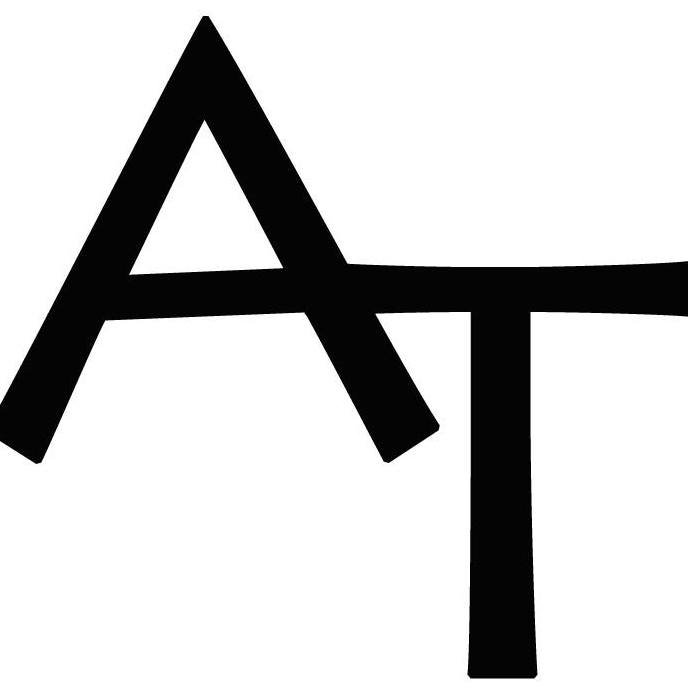Present Moment Awareness
Attempting to stay engaged and present in the moment is a struggle we all experience. I’m not sure I have any profound insight to add about the importance of being mindful and living in the here and now for our well-being. Anyone who has explored self-improvement and cognitive awareness or sought to improve their spiritual, mental, and emotional well-being has certainly come across the concept of mindfulness, including mindfulness meditation. This involves having a rigorous and regular practice, which can significantly impact our well-being and sense of balance in our lives. In this regard, I'm no different from anyone else discussing self-improvement methods.
If the journey of a thousand miles begins with the first step, then embarking on a journey toward mental and emotional well-being means this “first step” is becoming aware of our experiences right here, right now. This is frustratingly difficult since, despite inherently understanding that we are alive and living in the present moment, we also find ourselves predominantly lost in thought. It’s paradoxical because even the attempt to notice and pay attention to the present moment is itself a thought, which, if we notice in the moment, becomes the very thing we are attempting to disentangle ourselves from in this abstract effort to be simply “present.”
I'll admit that my own mindfulness practice is inconsistent, with periods of consciously and consistently setting aside time to meditate followed by periods where I neglect it. Like many people, I start my day, and often hours pass before I realize I've neglected my mindfulness practice. There's no rule book, but it feels inherently natural to begin the day with mindfulness practice; the calm and quiet of a burgeoning dawn feel inherently connected to taking time to sit and simply be with myself.
As I said, none of this is particularly unique or novel. There’s a reason mindfulness and mindfulness meditation practices have saturated the “market”: they tend to work if implemented with any degree of regularity or rigor. The idea of implementing mindfulness practices consistently aligns with my personal experiences of the importance of present moment awareness. There is no script to follow, no predefined mantra, series of movements, or breathing exercises inherently required to experience the benefits of mindfulness. One only needs to become familiar with the experience of being present, of having a present moment awareness.
This is why counselors and therapists sometimes ask, “What’s coming up for you right now?” or “Where are you feeling that in your body?” It’s not simply to fill a momentary lapse in the session but to bring both the client and themselves into the present moment. The practice of checking in with our body and our current experience is a sufficient mindfulness practice. It reminds us that no matter where our thoughts are taking our attention, we are sitting right here in this moment, our hearts are beating, and we are breathing in… and out… in... and out.
Reorienting our focus from wherever our minds have drifted to present moment awareness is significant because it’s the only way we can hope to fundamentally modify our relationship with the emotions and thoughts that unsettle us. Our minds instinctively and thoughtlessly carry us away all the time. We daydream, ruminate over past conversations and conflicts, and worry about future interactions and outcomes. At any given moment, we find ourselves so caught up in our heads that we forget we are also presently experiencing this precise moment. This is effectively the human experience: a side effect of our big brains, or perhaps an important aspect. This ability to compartmentalize and distract ourselves helps us endure hardships and protects us from emotional traumas that feel too significant to handle.
I am convinced that the peculiar way our brains function and our subsequent thoughts are a mixture of evolutionary imperatives and personal experiences hardwired over the years into a default mode. This default mode results in our brains efficiently and consistently flooding our conscious experience with thoughts, music snippets, brief memories, or tangential thoughts connected to our immediate environment. We often take this for granted as simply what experiencing life is. When we slow down and experience the present moment, we have the opportunity to recognize that reorienting ourselves in relation to these thoughts is tantamount to embarking on the change we hope to make.
This all intertwines and dovetails back to the concepts of detachment and experiencing ourselves as context, ideas I’ve blogged about in the past. That is the rub: it all implies present moment awareness. Attempting to describe the importance of having a present moment experience is inferential—like reiterating the necessity of a breathable atmosphere when discussing the importance of breathing to live. Because our minds frequently carry us off into thoughts, memories, and fantasies, practicing being present in the here and now at any moment within the day provides us with the opportunity to reset or break habits of thought and mindlessness that no longer serve us. This underscores all psychology and counseling theories as methods toward helping guide people to whatever degree of balance or self-improvement they seek.

